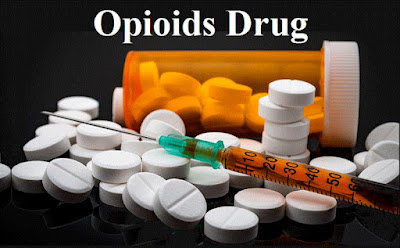Opioid agonist drugs are a class of potent and commonly used pharmaceuticals that relieve moderate to severe chronic pain by inhibiting the action of narcotic receptors in the brain. These include the most commonly used opioids, codeine and hydrocodone. They alleviate pain, but they have major adverse effects such as sleepiness, respiratory depression, dizziness, nausea, and sweating. Because these medicines are so potent, overdosing are common, and death from them is even more prevalent. This class of medications has been heavily criticised by both patients and doctors for the hazards associated with their use.
Hydrocodone, an opioid antagonist, acts by inhibiting opioid receptors in the body. The only opioid that achieves this in its purest form is codeine. People who use hydrocodone have reduced access to it because it blocks opioid receptors in the brain. This opioid class is popular among heroin addicts because heroin induces a euphoric state that hydrocodone cannot replicate. As a result, heroin addicts frequently seek help from other sources, including as prescription drugs and methadone.
Other opioids agonist drugs in this group include oxycodone, hydromorphone (Percoset), hydromorphone hydrochloride (hydrocodone), and methadone. Taking them is not without dangers though. Oxycodone has caused at least five deaths and several dozen hospital admissions in the US since 1999. In extremely rare cases, people have died of overdosing on hydrocodone. Heroin abusers also regularly take this drug, since it can suppress their desire for heroin.
The emergence of Covid-19 has led to increase in cases of drug overdoses. COVID-19 has tripled the rate of depression in US adults in all demographic groups—especially in those with financial worries. Such scenario has led the U.S. Department of Health and Human Services to relax a regulation around prescribing addiction medication in an effort to combat the rising death toll.




No comments:
Post a Comment